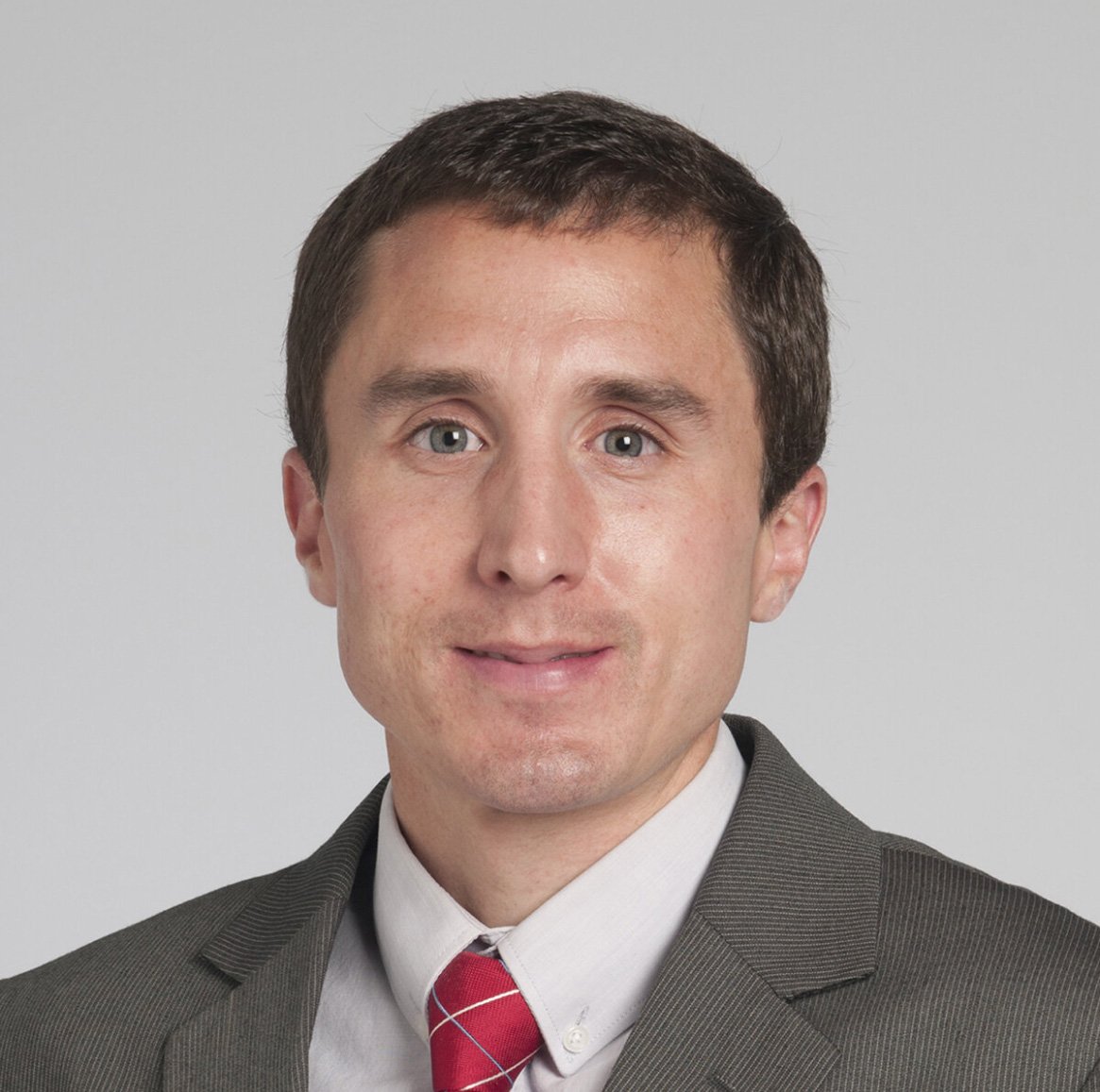
our research partners
Christopher Hine, PhD
Cleveland Clinic - Lerner Research Institute

Research
Overview
Dr. Hine’s research largely focuses on how diet and aging regulate the production of hydrogen sulfide (H₂S) inside the human body and how changes in hydrogen sulfide production impact health and wellbeing.
Glioblastoma (GBM), one of the deadliest forms of brain cancer, largely occurs in older adults. The median age at diagnosis is 65 and patient prognosis is known to decline with increased age. Christopher Hine, PhD, a researcher in the Department of Cardiovascular and Metabolic Sciences at Cleveland Clinic’s Lerner Research Institute, has a theory that could explain why.
Dr. Hine’s research largely focuses on how diet and aging regulate the production of hydrogen sulfide (H₂S) inside the human body and how changes in hydrogen sulfide production impact health and wellbeing. This colorless gas known for its strong odor of rotten eggs and toxicity at high levels is produced in human cells, where it acts as a gaseous signaling molecule through a protein modification process called sulfhydration. In addition to playing an important role in delaying aging, studies have shown that hydrogen sulfide suppresses tumor growth in a number of different types of cancers, and new evidence suggests it can alter tumor immunity, making it more difficult for tumor cells to thrive.
Dr. Hine hypothesizes that the aging-related decline in the H2S system permits GBM growth and progression while impeding the body’s natural anti-tumor surveillances. With funding from the Glioblastoma Research Organization, he will test this hypothesis by studying how chronological aging versus biological aging affects the GBM cells directly as well as the host and using various genetic, nutritional, and pharmacological approaches to manipulate the H2S system. Discovering how hydrogen sulfide functions to suppress GBM could lead to the development of enhanced therapeutic approaches in adults with glioblastoma.
About The Center
Cleveland Clinic is a nonprofit, multispecialty academic medical center integrating clinical and hospital care with research and education for better patient care. More than 3,500 staff physicians and researchers in 140 medical specialties provide services through 26 clinical and special expertise institutes.
Cleveland Clinic comprises a main campus, 11 regional hospitals and more than 150 outpatient locations, with 19 family health centers and three health and wellness centers in Northern Ohio, as well as medical facilities in Florida, Nevada, Toronto, and Abu Dhabi. Cleveland Clinic is currently ranked as the No. 2 hospital in the country by U.S News & World Report.










